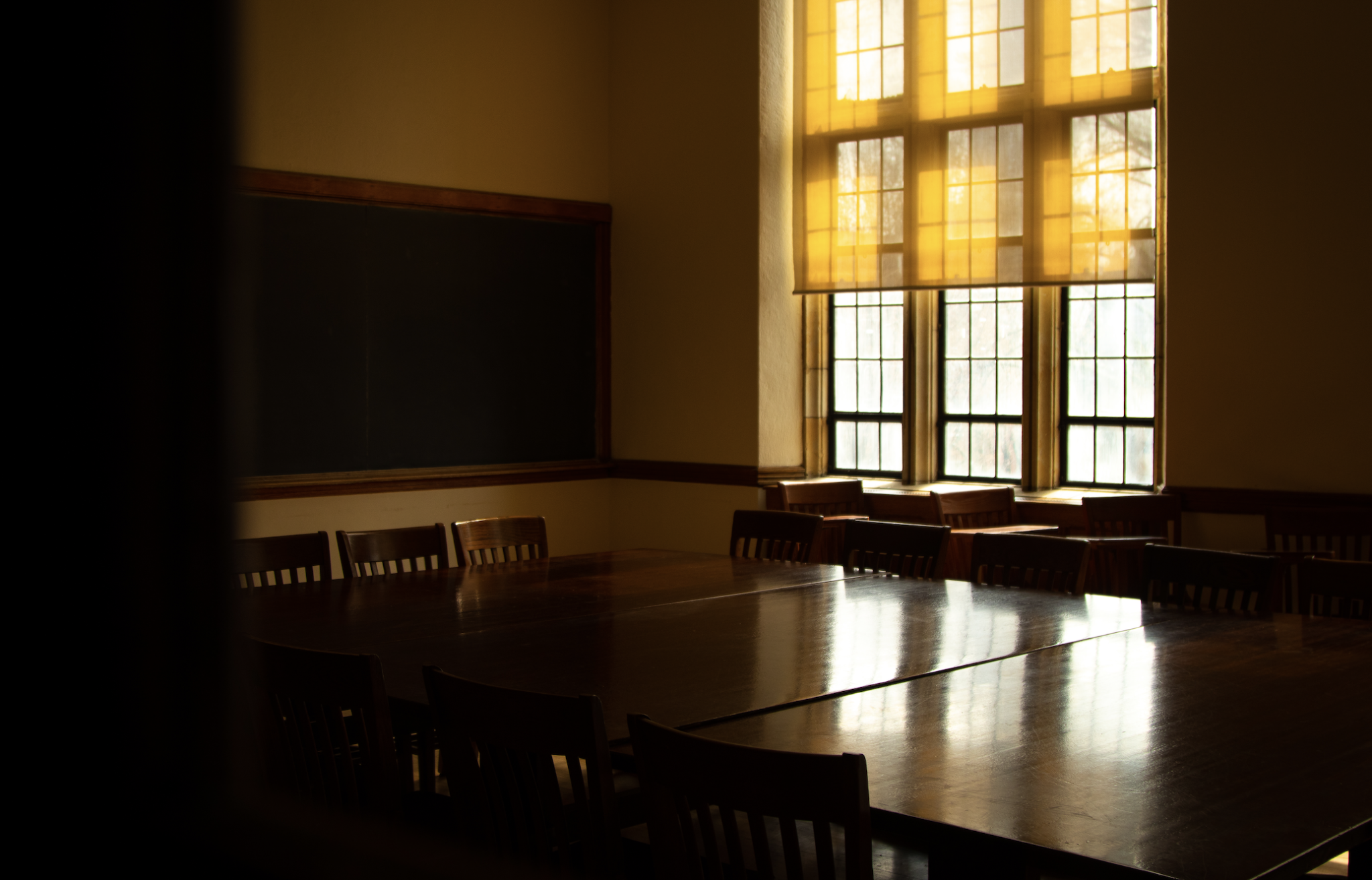Classes to take place online for rest of spring semester, students not to return to campus due to COVID-19 outbreak

Marisa Peryer
In a community-wide email sent Saturday night, University President Salovey announced that all classes — including final exams — will take place online for the remainder of the spring semester.
In the email, Salovey wrote that the decision came after one member of the Yale community tested positive for COVID-19, while two others are awaiting test results. Salovey’s email also urged students not to return to campus following the end of Spring Recess, which, according to the academic calendar, is set to end next week. He added one “vital exception” for those who have petitioned to remain on campus and cannot return home.
“The clearest relevant lesson we have drawn from our best-informed, wisest sources is this: pandemics are defeated by bold measures that blunt the curve of the rate of infection through the dramatic reduction of intense human contact,” he wrote.
Salovey’s email comes just days after Yale initially announced that classes would take place online until at least April 5. The decision follows peer institutions such as Harvard University, which announced on Tuesday that all instruction would take place online.
Salovey deferred to Yale College Dean Marvin Chun to provide further guidance to undergraduate students moving their belongings out of the dorms.
According to University spokesperson Karen Peart, the University is “working to identify close contacts of patients with COVID-19.”
“We then advise contacts about measures to care for themselves, protect the community, and detect illness as early as possible,” Peart told the News in an email.
This decision remains unprecedented in Yale’s centuries-long history. Through world wars, global pandemics and large-scale, global crises, the University has more or less kept its doors — and its classrooms — open. Aside from brief interruptions in the 1970s due to demonstrations over a New Haven trial of the Black Panthers and a smattering of snow days, several longtime professors interviewed by the News said that they had never experienced such a closure. Online classes, they said, were a means that prior generations of Yale students simply did not have.
Yet seniors at the University have expressed frustration and sadness over spending the last part of their Bright College Years away from New Haven’s elm trees and storied halls.
It is too soon to say whether Commencement Weekend — scheduled for mid-May — will continue “in the traditional way,” Salovey wrote.
“I am thinking in particular of those students who are finishing their time at Yale this semester. For them, the present anxiety is compounded by sadness over the loss of what should have been a warm, celebratory final semester. Please know that I share your disappointment,” he wrote. “But also know that I, with other Yale leaders, will be thinking of ways we can, once COVID-19 is behind us, bring you back to campus to celebrate.”
Salovey’s email also issued new guidance for staff members as the University pivots to “a university providing online education to our students while keeping some research and other vital functions up and running.”
Starting this Monday until the end of March, the University will only expect staff whose work is deemed “critical to current operations” — including patient care, research and select administrative functions — to report to work on campus. Other staff members are asked to work remotely if possible. More information is forthcoming, Salovey added.
“We will continue to assess the situation each day, and before the end of March will announce policies affecting staff for April and beyond,” he wrote.
A Saturday evening update to the Yale University Library webpage announced that all libraries are closed until further notice. Late fines for interlibrary loan or BorrowDirect items have been waived. According to Vice Provost of Collections Susan Gibbons, the library system is prepared for many of their staff to work from home, if necessary.
“Library staff are deeply involved in a range of contingency plans to support the university’s move to online class, including offering research consultations with librarians via zoom and working to digitize or obtain access to online equivalents for as many class materials as possible,” Gibbons wrote in an email to the News.
As of Sunday morning, 2,815 people in the United States have tested positive for COVID-19.
This is a breaking story. Check back later for more updates.
Last updated: March 15, 2:00 p.m.
Matt Kristoffersen | matthew.kristoffersen@yale.edu
Valerie Pavilonis | valerie.pavilonis@yale.edu







